Resolution 201/2025/QH15 does not require detailed planning tasks, exempts construction permits, and shortens the implementation time of social housing projects by at least 350 days.
Resolution 201/2025/QH15 of the National Assembly , with a focus on cutting at least 350 days in administrative procedures for social housing development, is a breakthrough to realize the goal of 1 million apartments by 2030. However, in order for these specific mechanisms to not only remain in writing but also come into practice, it requires synchronization and determination from ministries, branches, localities and the participation of businesses.
Untied the knots
Resolution 201/2025/QH15, passed by the National Assembly on May 29, 2025, marks a turning point in social housing development policy in Vietnam. With special mechanisms such as eliminating bidding for investor selection, not requiring detailed planning tasks, exempting construction permits, and integrating administrative procedures, the implementation time of social housing projects is shortened by at least 350 days. This is not only an impressive figure but also a strong commitment of the State to ensure access to housing for low-income people, from industrial park workers to teachers in remote areas, border guards, and disadvantaged people.
Transport, healthcare andeducation infrastructure need to be planned from the beginning, like Singapore's social housing model.
According to Mr. Le Huu Nghia, General Director of Le Thanh Company (a company specializing in developing social housing), this policy has promptly removed a series of bottlenecks in administrative procedures, helping businesses save time and costs and bringing home ownership opportunities to millions of people. Previously, the procedures for investing in social housing construction were so complicated that many projects were "frozen".
The investor must submit a feasibility study report, including basic design and construction technical design, and then wait for the Department of Construction or the Ministry of Construction to appraise it, a process that can take several months. Resolution 201/2025 has created a turning point by giving the investor the right to self-appraisal, returning to the progressive spirit of the 2003 Construction Law and Decree 12 before. The State no longer "embraces" the design stage but lets businesses hire competent units to perform and appraise, ensuring construction safety but saving significant time.
This move not only shortens the time but also reduces pressure on management agencies, while enhancing the responsibility of enterprises. Mr. Ta Phuong Dai, General Director of Tacons Construction Development Investment Company Limited, said that the policy should be applied not only to social housing but also to commercial housing and other projects in the future. In fact, in the first 5 months of 2025, the whole country completed 22,649 social housing apartments, started 21 new projects with 20,428 apartments, and planned 9,737 hectares of land for 1,309 social housing locations. These figures demonstrate the initial effectiveness of reform policies. However, to ensure that projects are not only fast but also of high quality, it is necessary to closely monitor the self-assessment of investors to avoid risks to construction safety.
However, as Prime Minister Pham Minh Chinh emphasized, social housing cannot be located in remote areas or in “leftover” areas. Projects must be linked to synchronous infrastructure, from transportation, electricity, water to healthcare and education. Resolution 201/2025/QH15 has created a favorable legal framework, but the problem is how to implement these policies synchronously, quickly and effectively in practice. Without close coordination between ministries, branches, localities and enterprises, the risk of being “slow” in implementation still exists.
How to get it implemented soon?
To realize the goal of cutting 350 days of administrative procedures and promoting the development of social housing, many experts believe that state management agencies need to focus on three pillars: perfecting mechanisms, mobilizing resources, and strengthening supervision. Below are specific solutions:
Resolution 201/2025/QH15 has created a favorable legal framework, but detailed guidance documents from ministries and branches are needed to ensure consistency. The Ministry of Construction needs to coordinate with localities to develop a digital “one-stop” process, allowing online submission and processing of documents, similar to the Singapore model. According to Mr. Le Hoang Chau, Chairman of the Ho Chi Minh City Real Estate Association (Horea), exemption from procedures such as bidding or basic design appraisal should be applied synchronously to avoid the situation of “hot above, cold below”. At the same time, training programs should be organized for local officials to improve their capacity to apply new policies, especially in places where there is still a misunderstanding about social housing beneficiaries.
Resolution 201/2025/QH15 is a strong "push" to bring social housing closer to low-income people.
The State also needs to mobilize diverse and sustainable resources. The National Housing Fund is a step forward, but it is necessary to learn from China, where 70% of social housing funding comes from bonds and other forms. Vietnam can consider issuing social housing bonds or calling for public-private partnerships (PPPs) with specific incentives such as corporate income tax exemptions for the first five years, land use fee reimbursements, or preferential loans. Private enterprises, which are an important driving force, need to be encouraged to participate through transparent and attractive policies.
Localities must prioritize the allocation of clean land near urban centers or industrial parks, instead of using land in difficult-to-access locations. Transport, healthcare, and education infrastructure need to be planned from the beginning, like Singapore's model with HDB areas. The Housing and Development Board (HDB) is a specialized agency of the Singapore government responsible for the development and management of social housing (NOXH). For example, Ho Chi Minh City and Hanoi, where the demand for NOXH is very large, need to take advantage of public land or surplus land from administrative mergers to speed up project progress. The Prime Minister emphasized the spirit of "6 clear" (clear people, clear work, clear time, clear responsibility, clear authority, clear results). To ensure this, it is necessary to establish a National Steering Committee on NOXH, with the authority to handle problems and monitor progress. Regularly reporting on project progress on digital platforms will help people and businesses monitor and avoid policy exploitation.
Resolution 201/2025/QH15 is a strong "push" to bring social housing closer to low-income people. However, from documents to practice is a journey that requires determination, synchronization and creativity. By learning from the experiences of Singapore and China, combined with specific solutions on institutions, capital, land funds and supervision, Vietnam can completely realize the Prime Minister's direction, shortening 350 days of procedures and achieving the goal of 1 million social housing apartments by 2030. This is not only a story about housing, but also the State's commitment to bringing a warm home, security and fairness to all people.
According to VTV
Source: https://baothanhhoa.vn/cat-giam-350-ngay-thu-tuc-nha-o-xa-hoi-loi-di-nao-de-hien-thuc-hoa-251259.htm


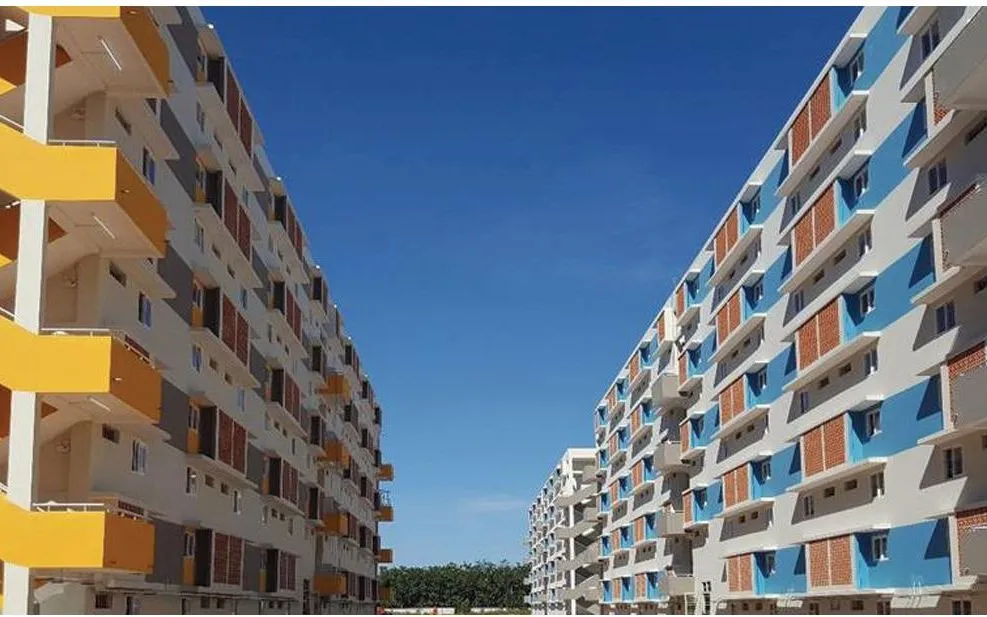
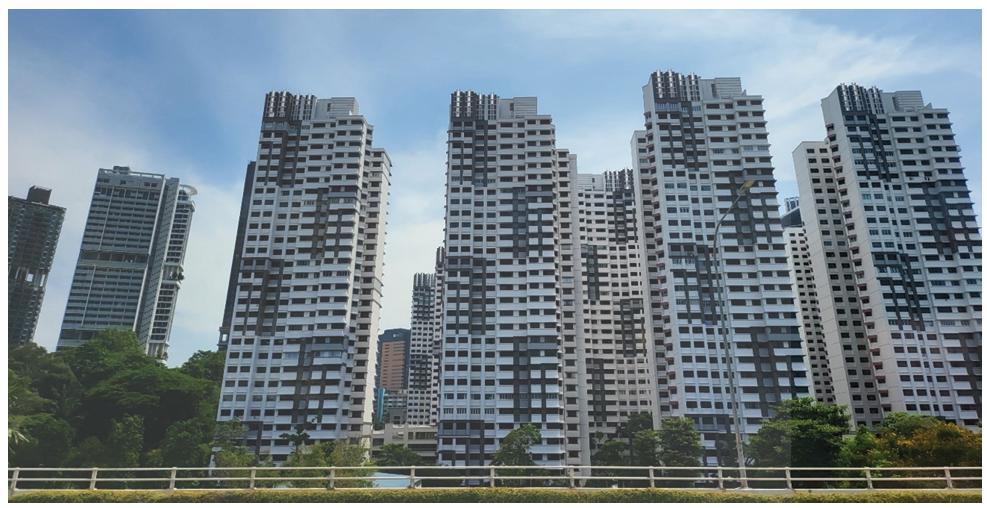
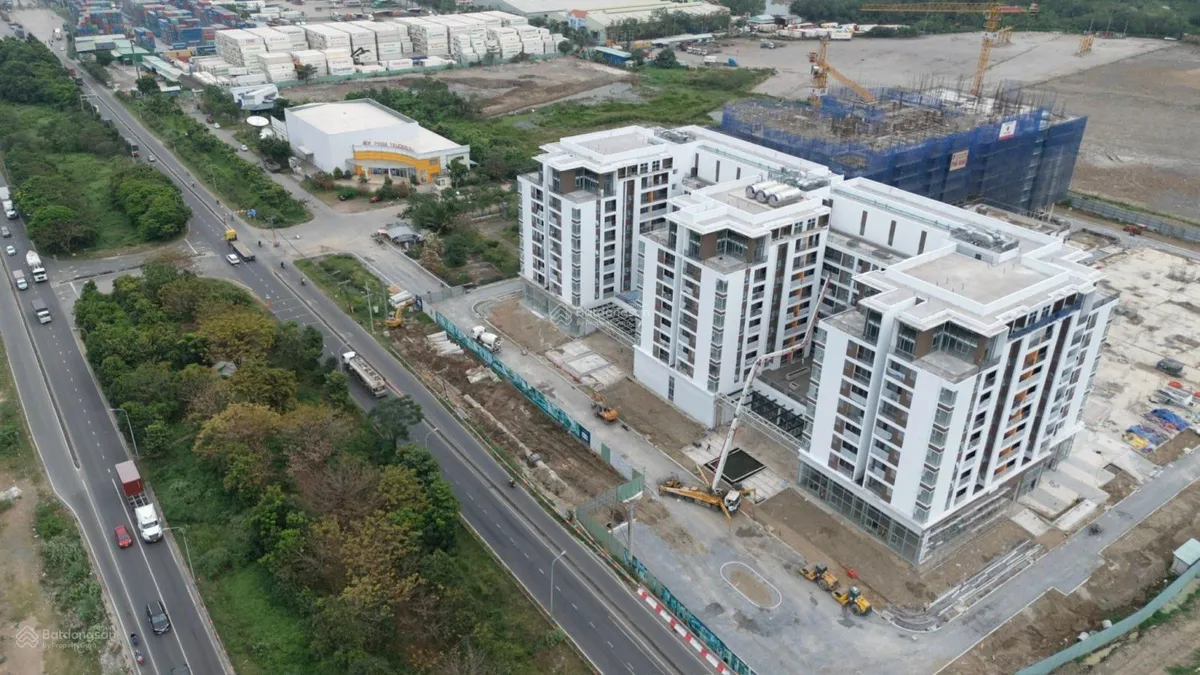










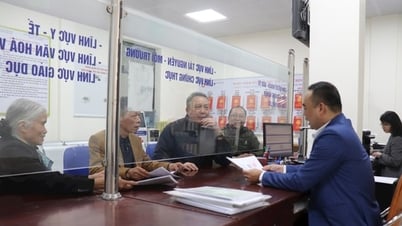

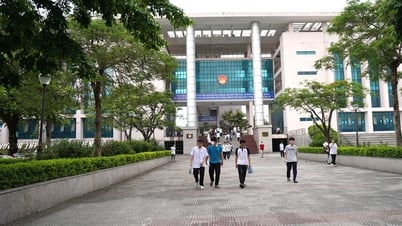

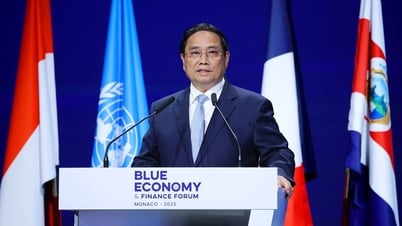

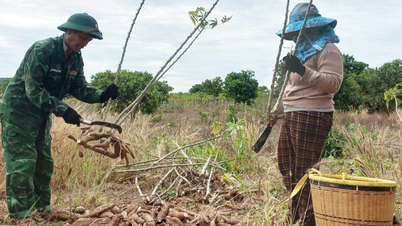





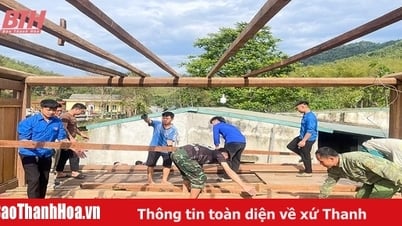
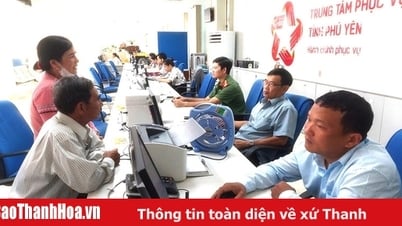
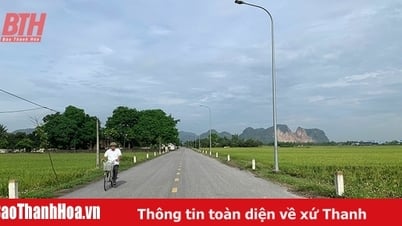
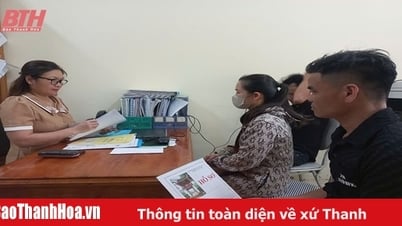




































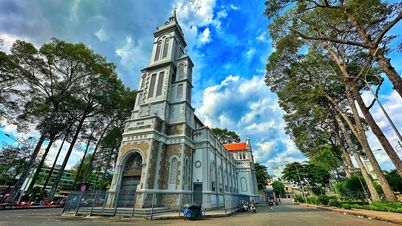












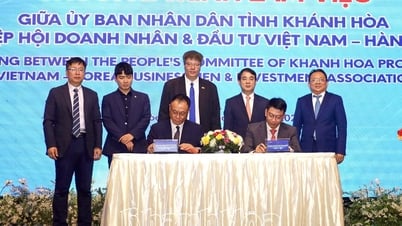













![[OCOP REVIEW] Tu Duyen Syrup - The essence of herbs from the mountains and forests of Nhu Thanh](https://vphoto.vietnam.vn/thumb/402x226/vietnam/resource/IMAGE/2025/6/5/58ca32fce4ec44039e444fbfae7e75ec)






Comment (0)